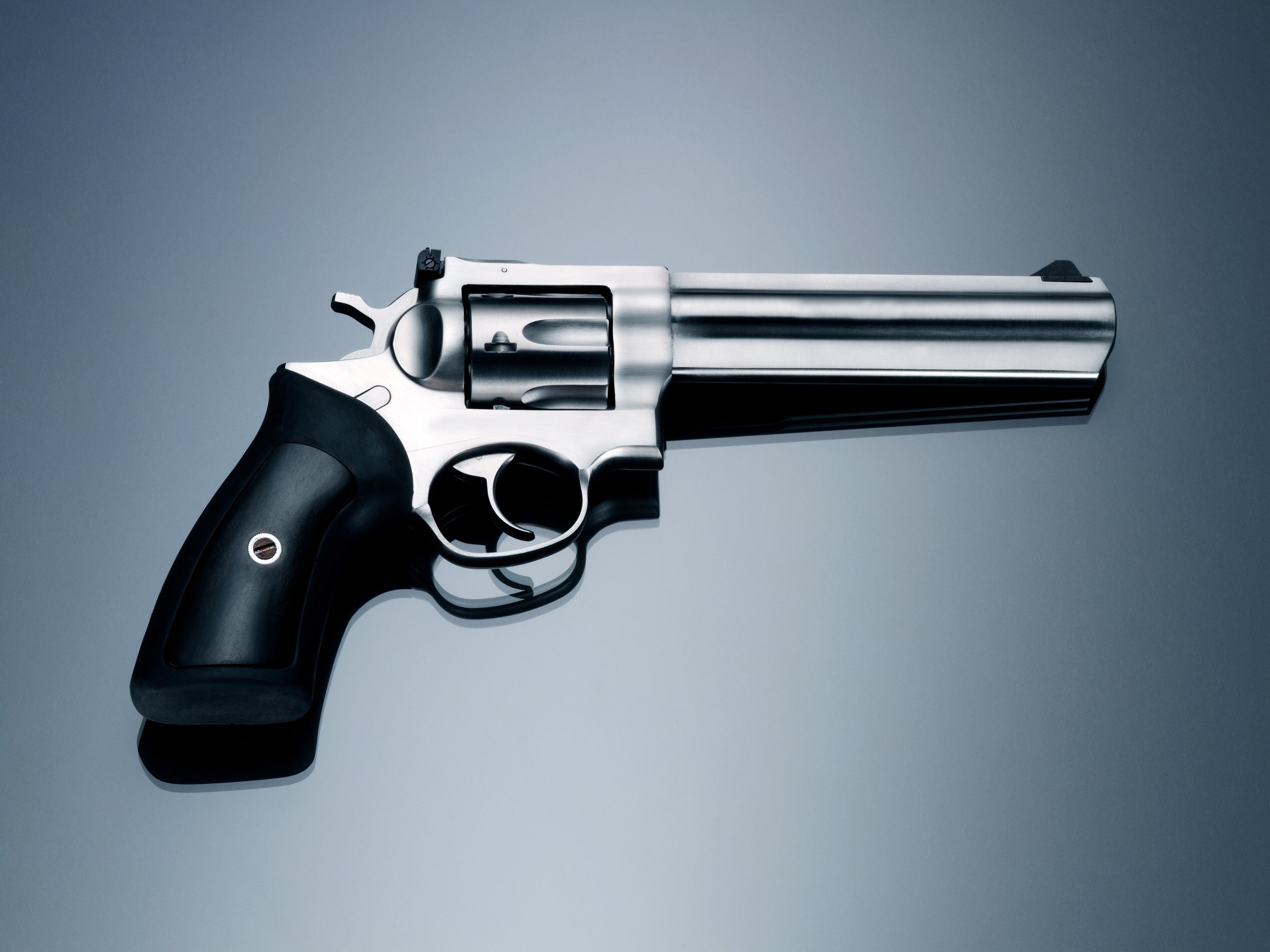
The U.S. is home to 5% of the world’s population, but has had 31% of the public mass shootings worldwide between 1966 and 2012, according to a new study presented at the American Sociological Association meeting. “That is not a coincidence,” says study author Adam Lankford, a professor of criminal justice at the University of Alabama, who believes his new study on the topic is the first to confirm that there’s something strongly American about public mass shootings. A lot of that, he’s found, has to do with gun ownership.
Lankford quantitatively analyzed various reports, from the New York Police Department’s 2012 active shooter report, the FBI’s 2014 active shooter report, and international sources including the United Nations and the World Health Organization. He focused on public mass shootings, defined as those that took place in a confined, populated space and resulted in the deaths of at least four people.
MORE: Homicides Are Spiking This Year After Falling For Decades
Lankford found a strong correlation between gun ownership in America and violence. The U.S. ranks first in gun ownership in the world, with surveys suggesting the rate to be 88.8 firearms for every 100 people in America, or 270 million total firearms within borders. (At a distant second is Yemen, with 54.8 firearms per 100 people; the numbers tumble after that.) There have been 292 public mass shooters who have killed a minimum of four people between 1966 and 2012. And when you narrow shootings down to just those that occur at school and work, American incidences account for 62% of global cases.
Lankford wanted to understand why Americans were so much more likely to be public mass shooters. His findings suggest a theory that points to two quintessentially American factors: gun culture and exceptionalism.
Being American, for a large swath of people, can be traced to the Second Amendment’s guarantee of a right to bear arms; 65% of Americans believe it is their right to own firearms.
But an even more significant contributor may be the very reason some experts think the U.S. has been so successful: its strong sense of exceptionalism and individualistic culture, something that American kids are taught from an early age.
MORE: Read The Transcript of Amy Schumer’s Emotional Speech On Gun Control
“There is this notion that in general, America is exceptional in a variety of ways in terms of our history: the degree to which we fought for independence, being the first and most successful country of our kind,” Lankford says. “If you teach your kids, ‘You can accomplish anything you want if you put your mind to it,’ it might be setting them up to fail.”
Achieving a sense of fame and success isn’t always a good thing. The idea of fame is a repeating motif in public shooters’ confessions and manifestos, Lankford says. “The media gives these attackers what they want, and they want fame.”
Globalization, too, has a role to play. Consider the dominance of Hollywood and entertainment in the lives of young people worldwide, which is largely American and often violent. “We’re exporting mass shootings as well, and attackers around the world are copying what’s happening here,” he says.
Lankford acknowledges there’s still a lot we don’t know about gun violence. The analysis he ran excluded other gun crimes, like homicides involving three or fewer people, and suicides. Domestic violence and gang violence often fuel these shootings and they remain largely misunderstood, though most experts agree firearm ownership is a big contributor to these crimes.
There’s a silver lining, however. Because the U.S. has a preponderance of public mass shootings, the country is more prepared than any other to deal with them, Lankford says. He points to Columbine and Sandy Hook as events that shaped enforcement procedure. “When Columbine happened, it took three hours to respond, in part because we didn’t know how to respond,” he says. “Do you prioritize helping people flee? Do you secure the perimeter? Do you go in and disable the active shooter? We now know you have to make sure the active shooter no longer is active,” he says. “At least we know how to deal with this.”
Go Inside the Lives of Families Affected by Gun Violence
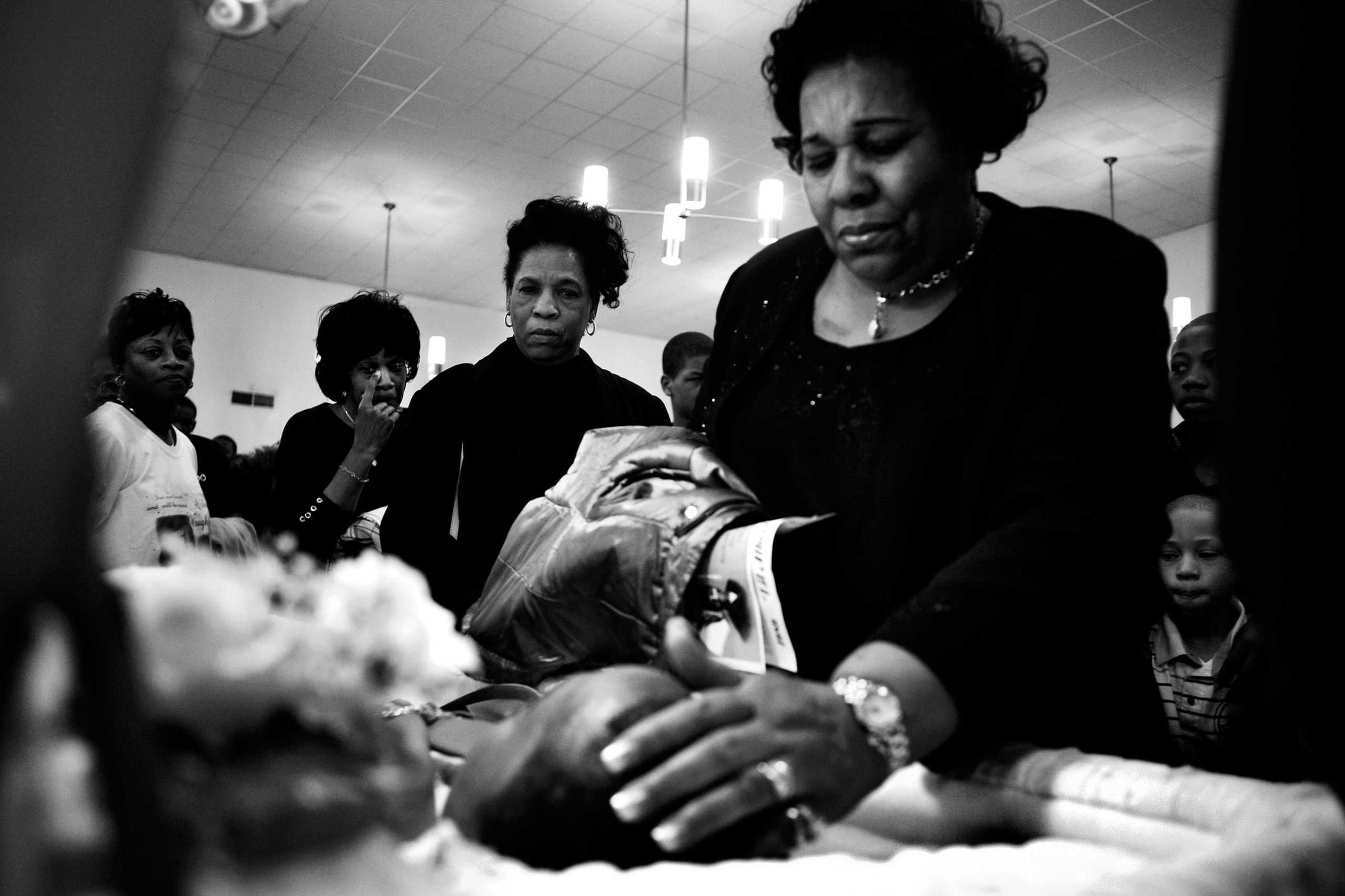

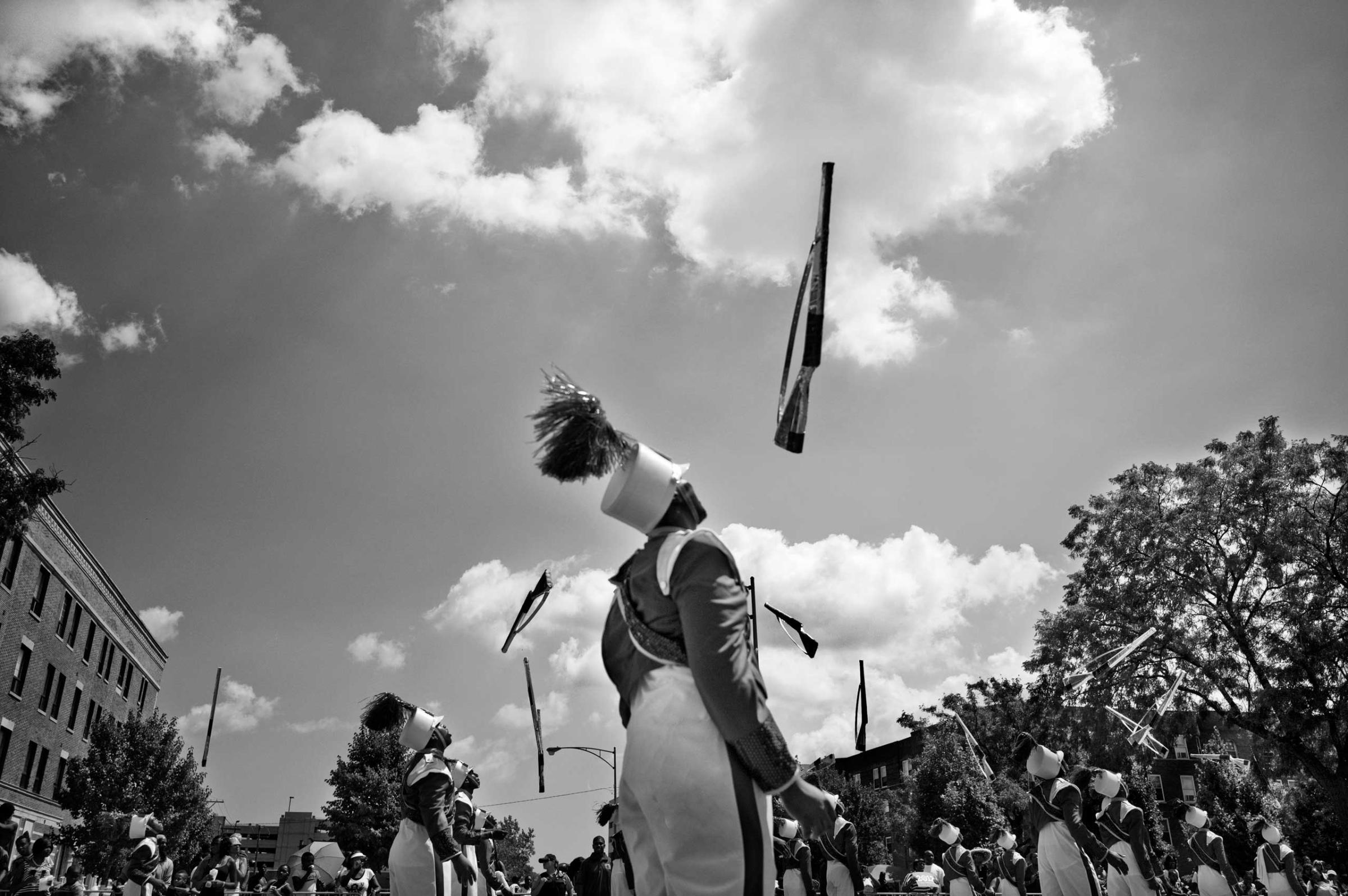
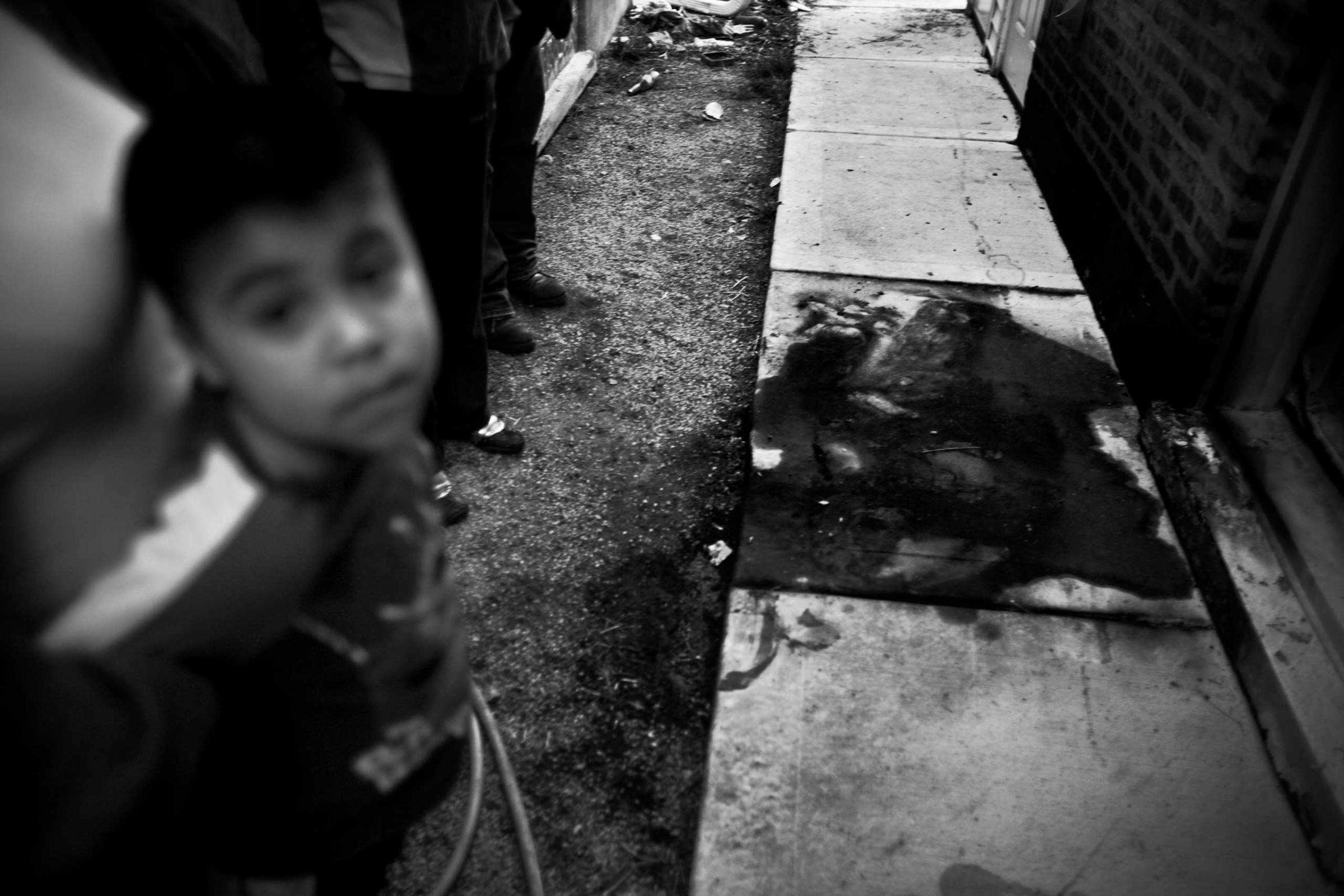
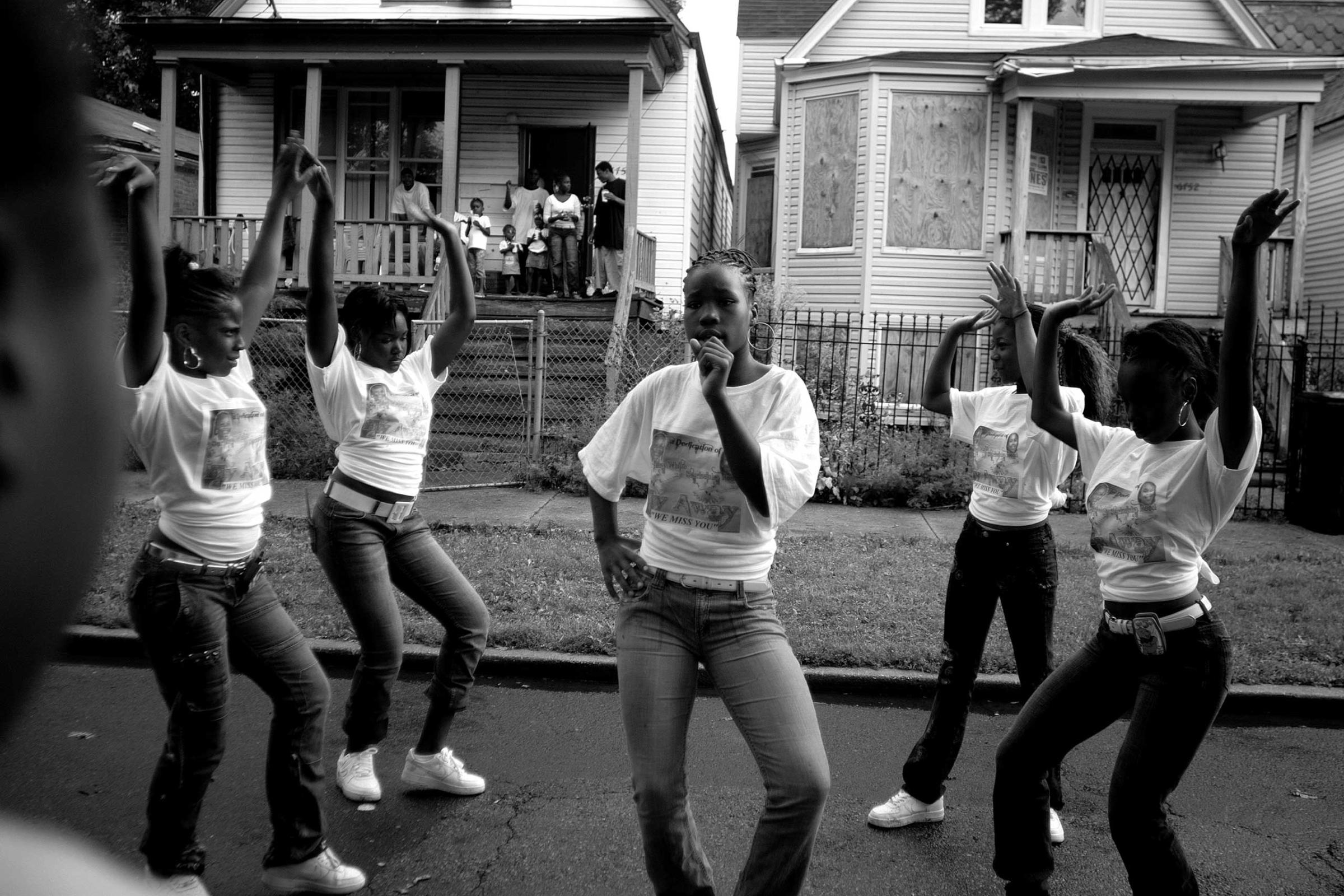
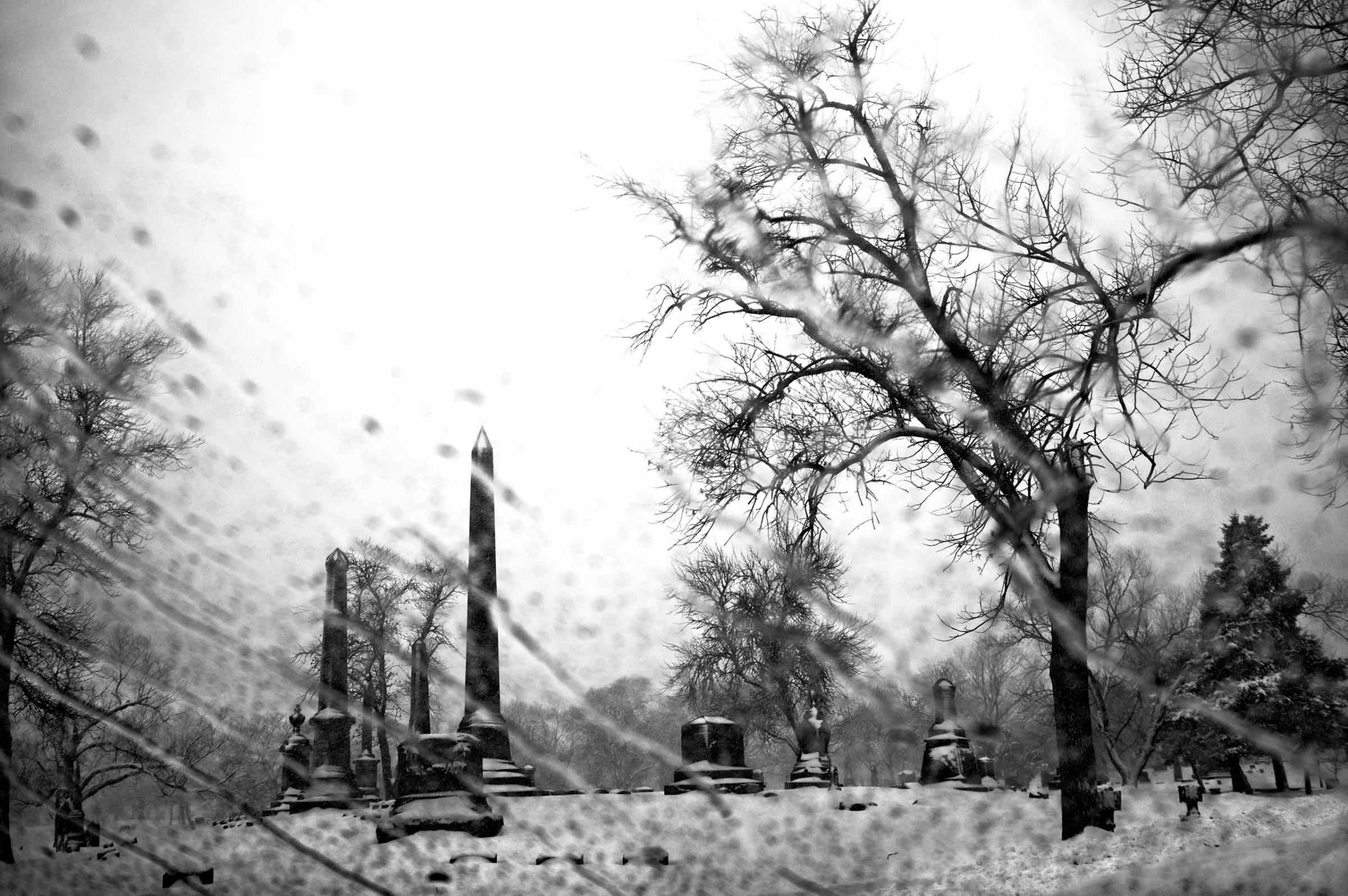
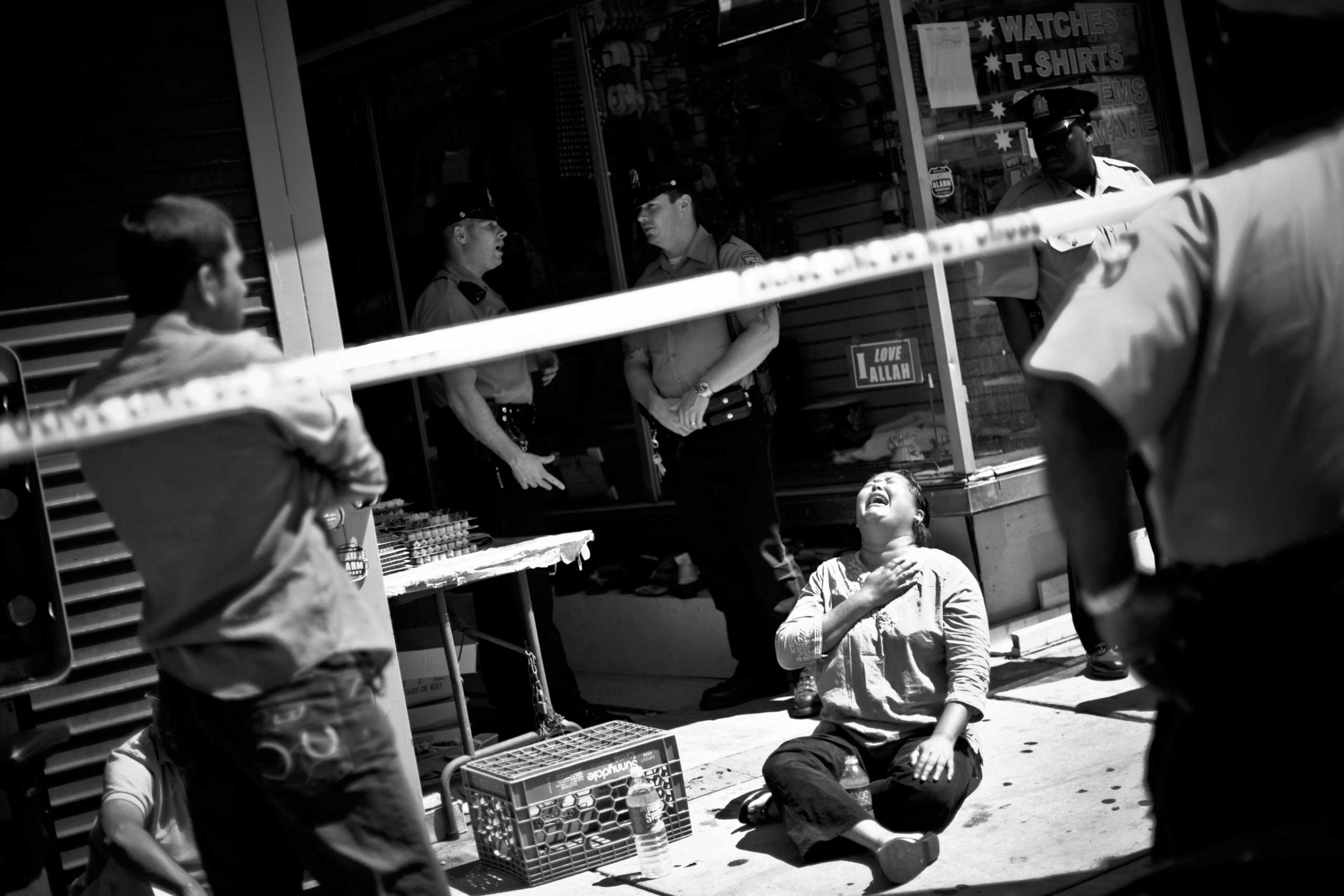
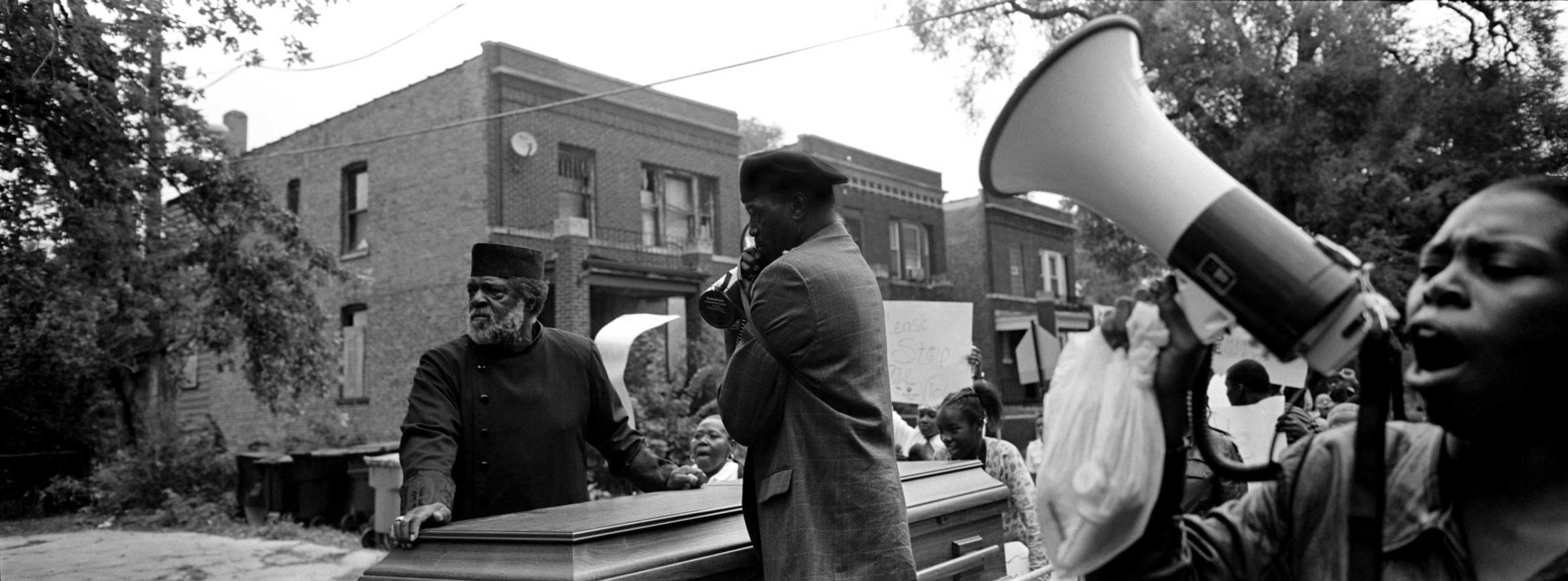

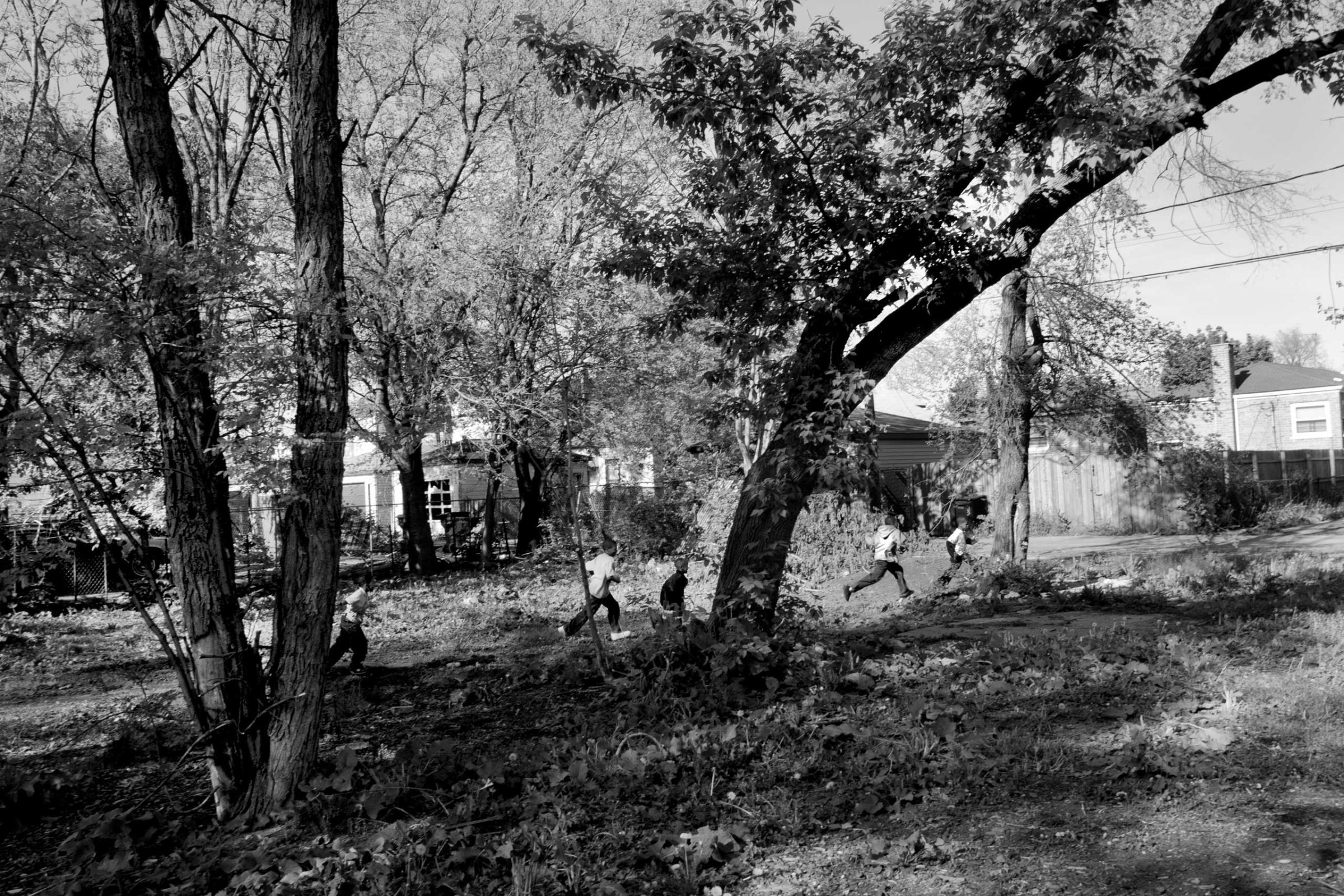
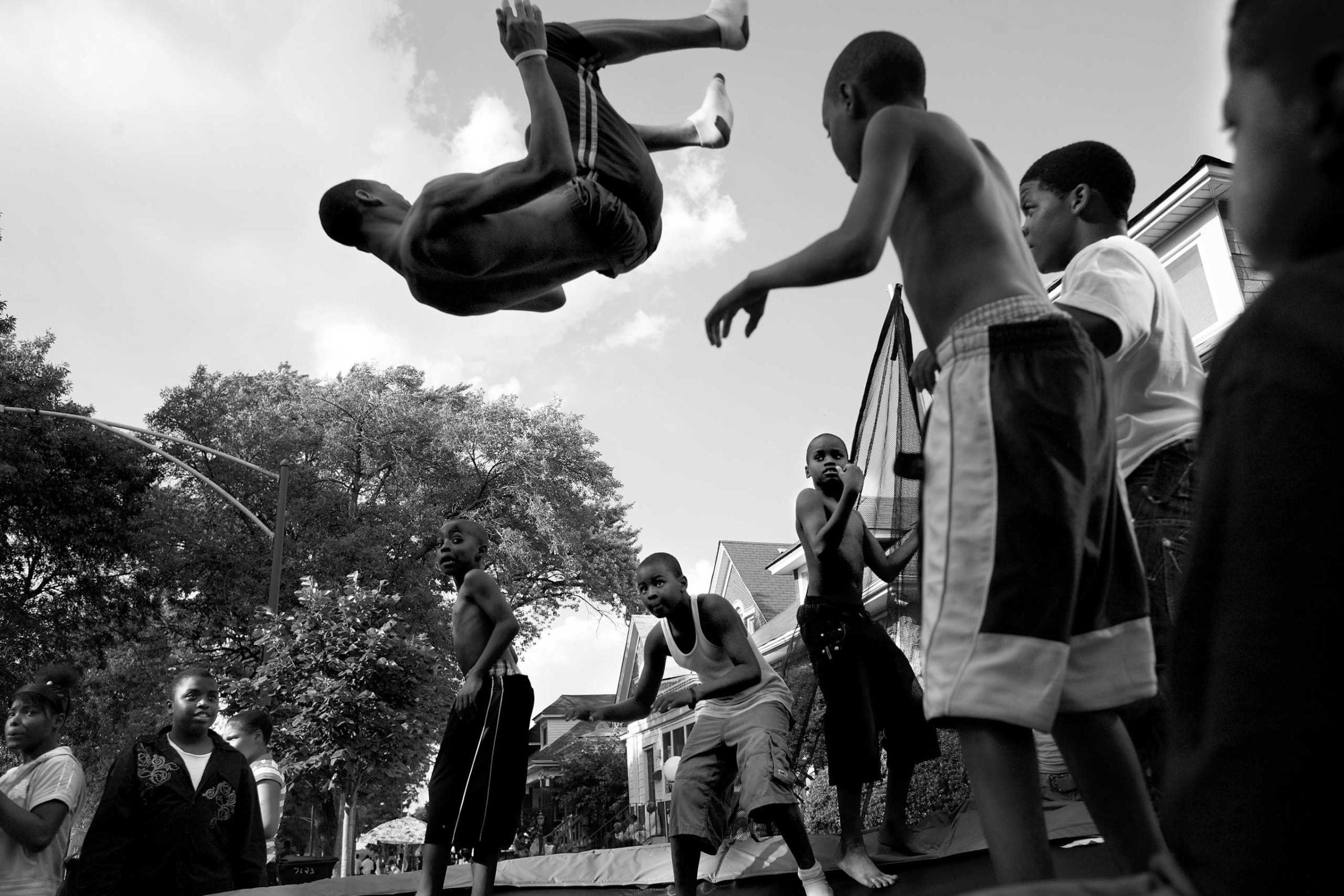

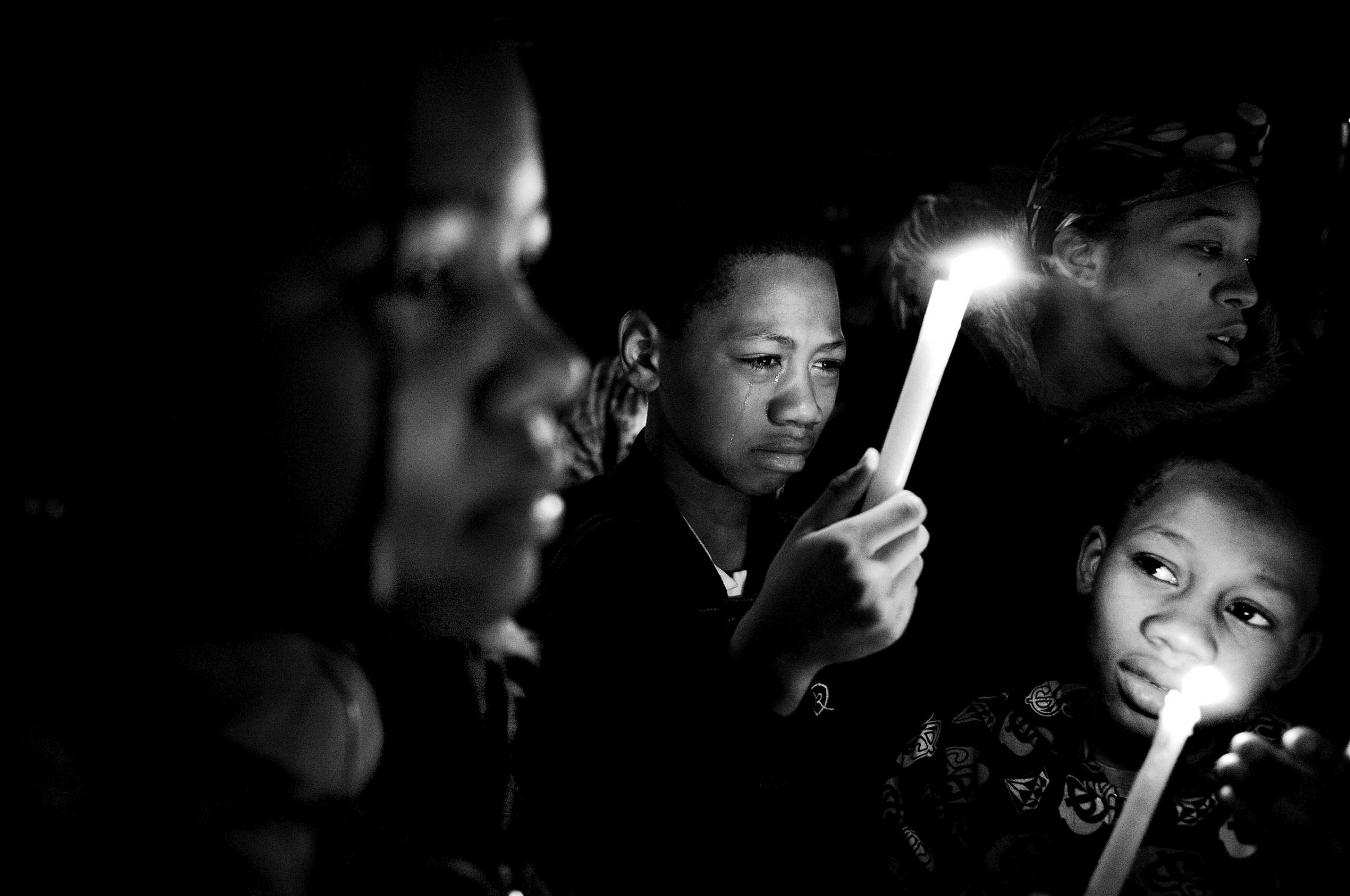
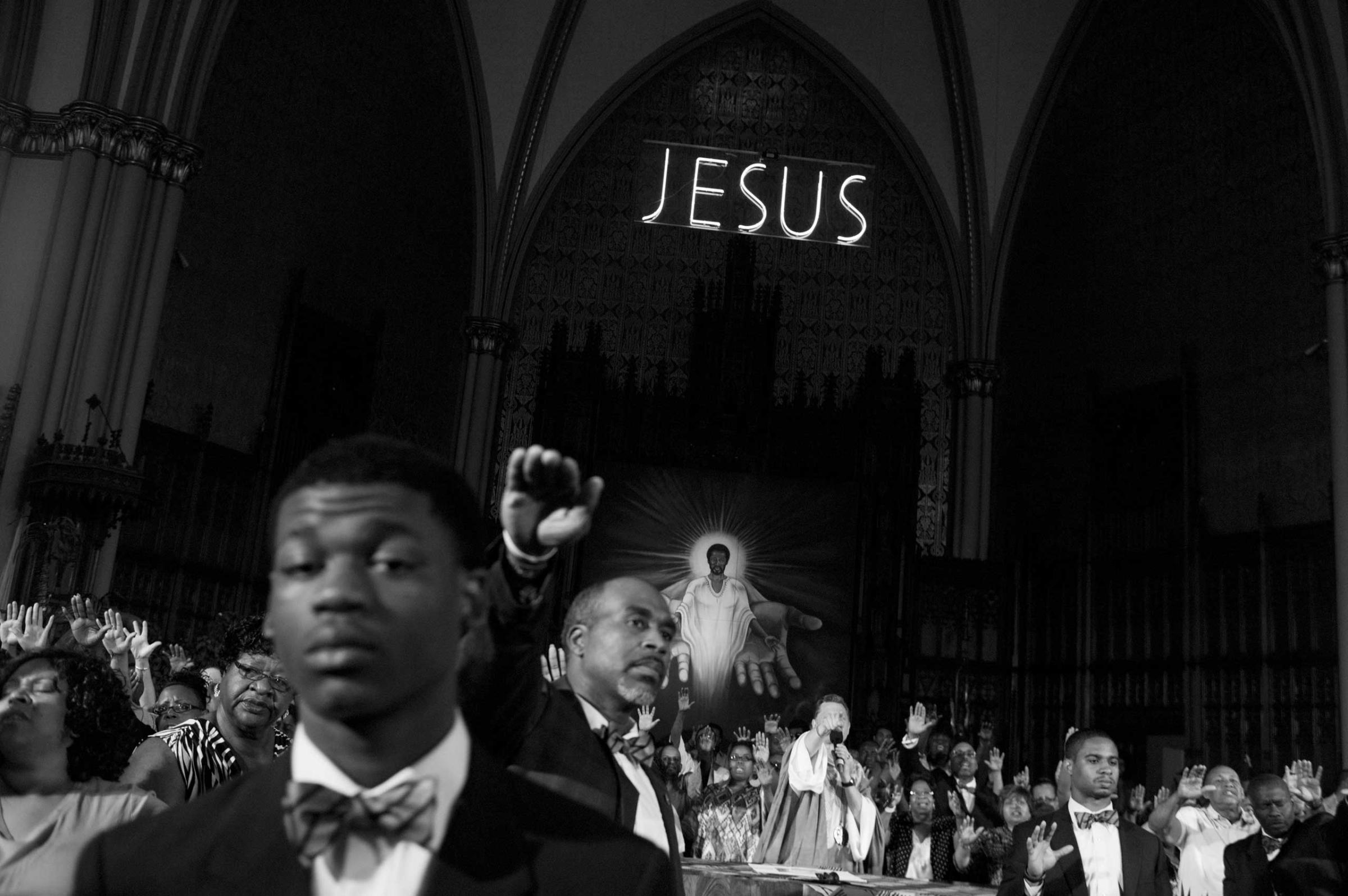
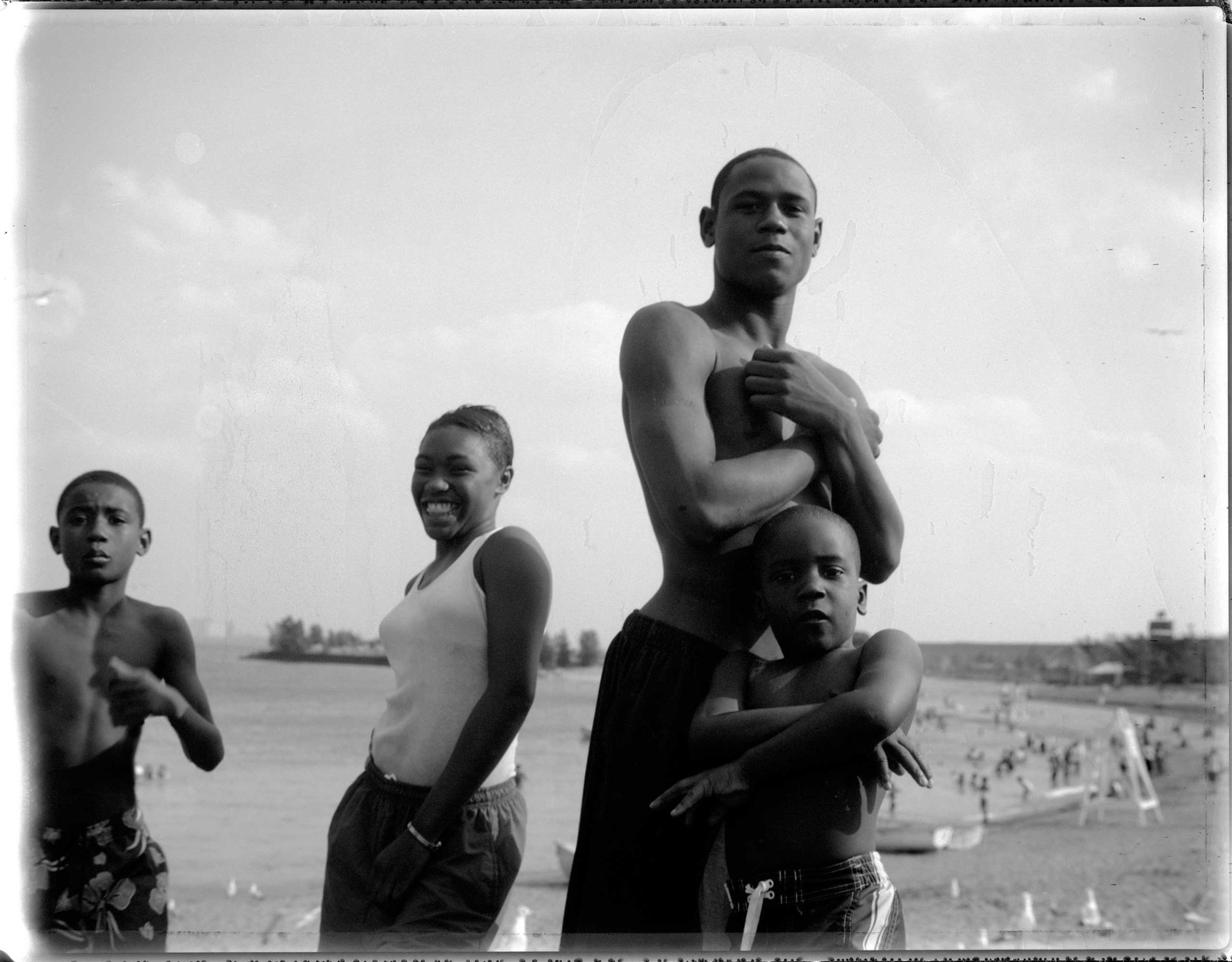

More Must-Reads from TIME
- Donald Trump Is TIME's 2024 Person of the Year
- Why We Chose Trump as Person of the Year
- Is Intermittent Fasting Good or Bad for You?
- The 100 Must-Read Books of 2024
- The 20 Best Christmas TV Episodes
- Column: If Optimism Feels Ridiculous Now, Try Hope
- The Future of Climate Action Is Trade Policy
- Merle Bombardieri Is Helping People Make the Baby Decision
Write to Tanya Basu at tanya.basu@time.com